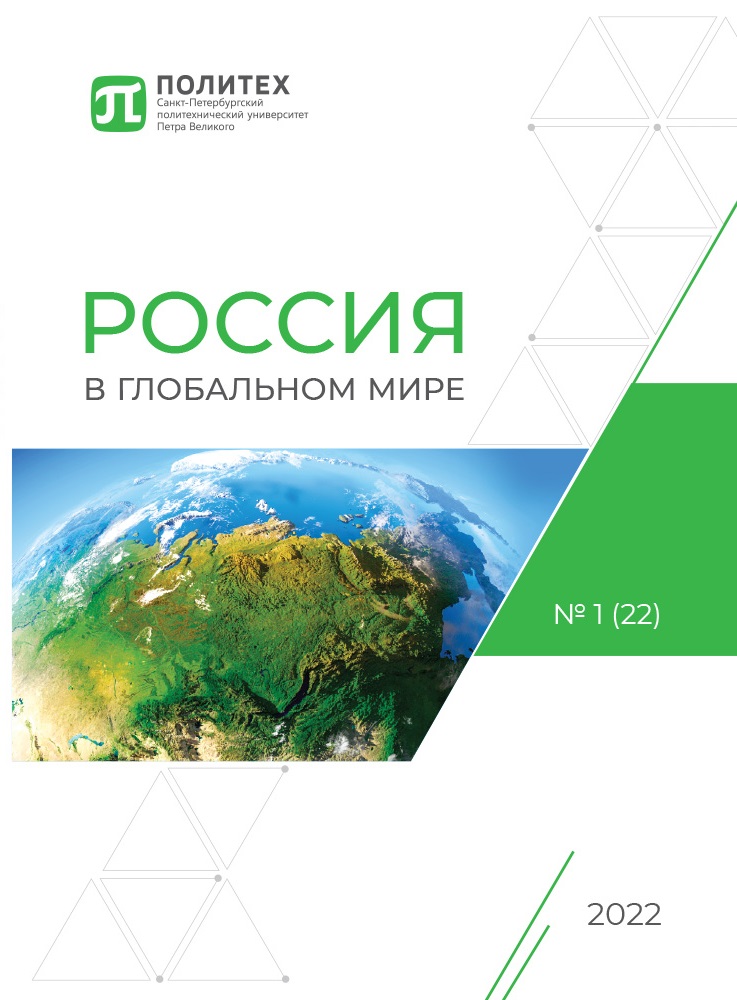Politics of the Church and State on the Example of the Christian Democratic Party of Norway: History and Present
The article is devoted to the study of the history of the formation of the Church in Norway since the Reformation of the XVI–XVII centuries. At that time, the country was under the rule of Denmark. Therefore the reformation of the church and religion came from King of Denmark. The Norwegian Church has lost its independence. However, when the country's transition to Swedish rule in 1814, as a result of Denmark's defeat in the war, the Norwegian Lutheran Church gained greater independence in making its decisions. This is how the idea of creating religious organizations and a society known as the Norwegian Missionary Society (1842) appeared. In addition, the article examines the state of the Church of Norway at the beginning of the XX century, especially after the country gained independence (1905). The role of religion in society is also emphasized. The essence of the popular movement of the beginning of the XX century is revealed. On the basis of previously established religious values and traditions, political parties are beginning to form. Based on a study of the program of the People's Christian Party of Norway, in particular, its attitude to democracy and human rights, it was revealed that in order to defeat various types of extremism, it is necessary to involve more people in the struggle for democracy and the protection of their freedoms and rights. Particular attention is paid to environmental issues and climate change. It has been established that the cooperation of all countries with Norway's environmental policies, including the transition to “clean energy”, can lead to zero СО2 emissions by 2050. Moreover, having analyzed the party’s participation in international activities, it was determined that particular attention is paid to the party's policy of promoting democracy in the countries discussed in the article, such as Ethiopia and Lebanon. Youth policy in these countries, according to the party, should play a leading role in consolidating democracy, since it is a “fresh look” at state policy that will help avoid inhibition of the development of democratic processes in various spheres of society, and will also significantly reduce negative phenomena in the economy and politics, including corruption, nepotism, poverty, etc. The article also shows the activities of improving the democratic institutions of Christian Democrats with the organization Domus Dorpatensis in Estonia. Among other things, studying the policy of “sustainable defense” and the attitude towards Norway’s military participation in international operations, it was found that the state’s armed forces ensure constant readiness to deter and prevent military conflicts. It is emphasized that diplomacy and peaceful means should have greater priority in resolving military conflicts. The article defines the significance of the religious life of society in the reformation and post-reformation periods, as well as the results of the activities of the People's Christian Party of Norway.


